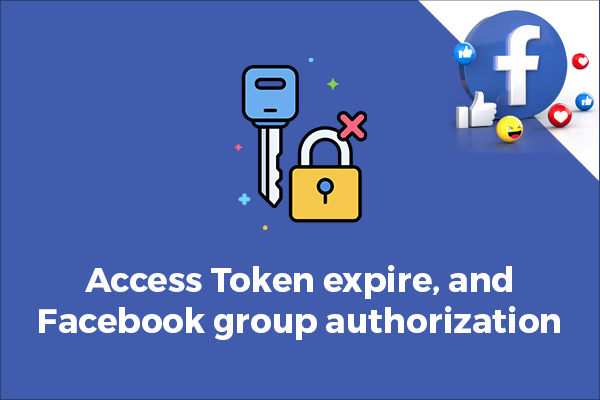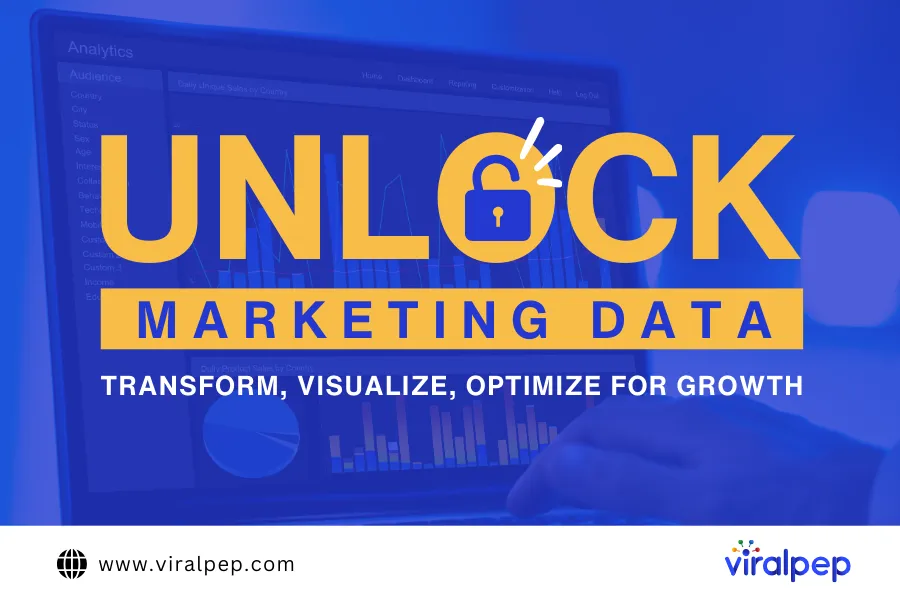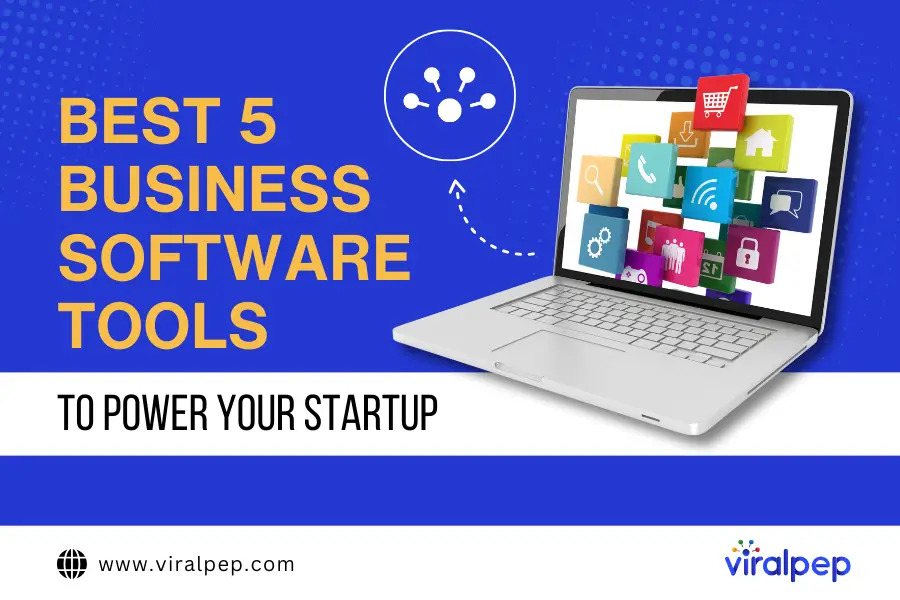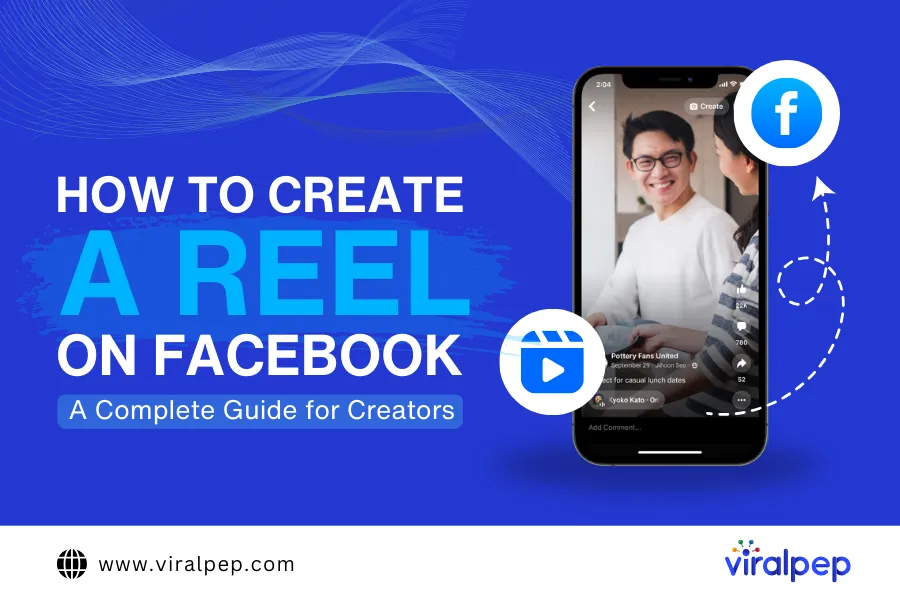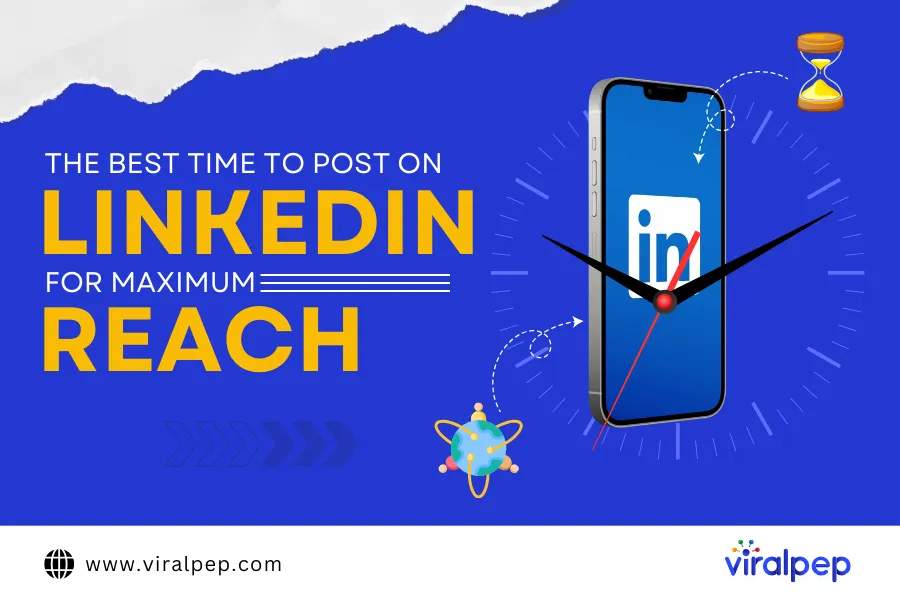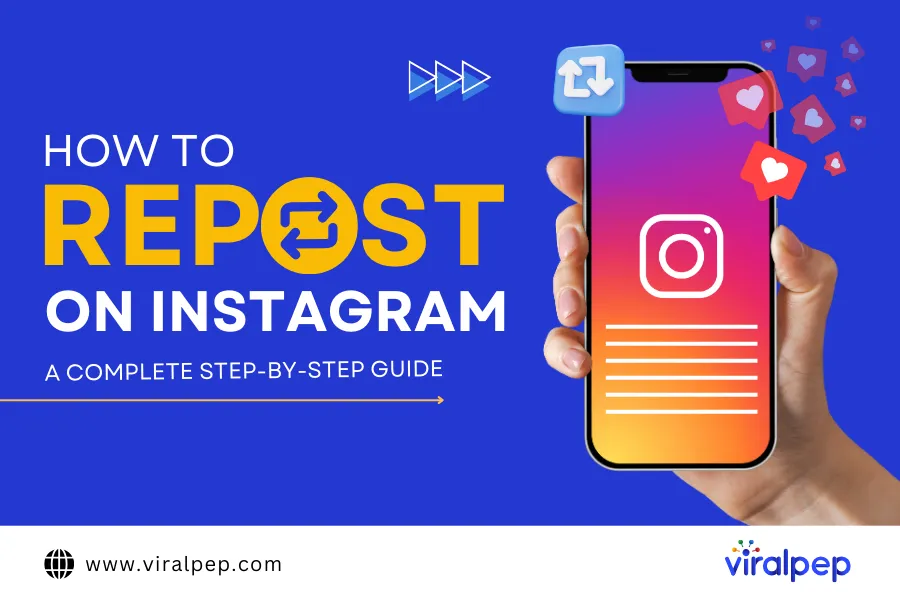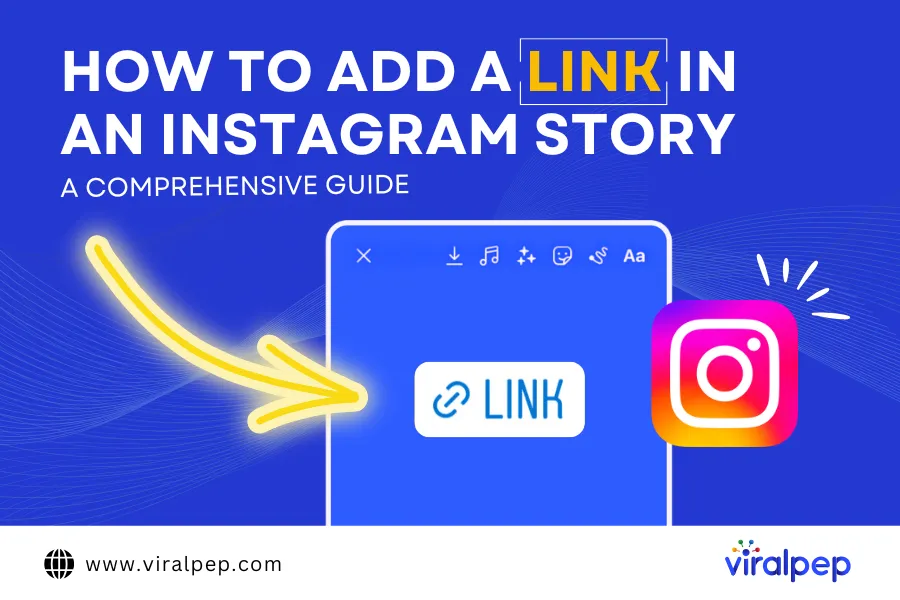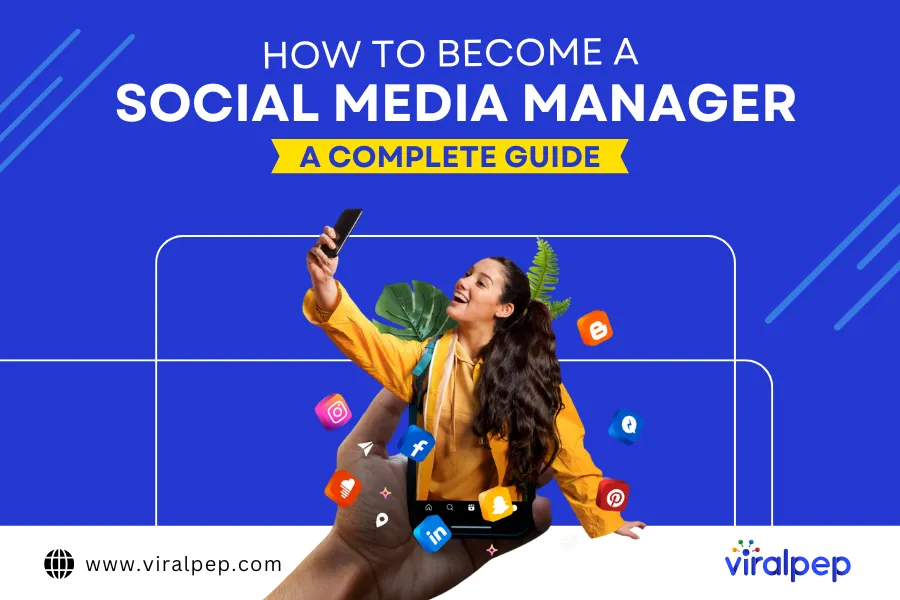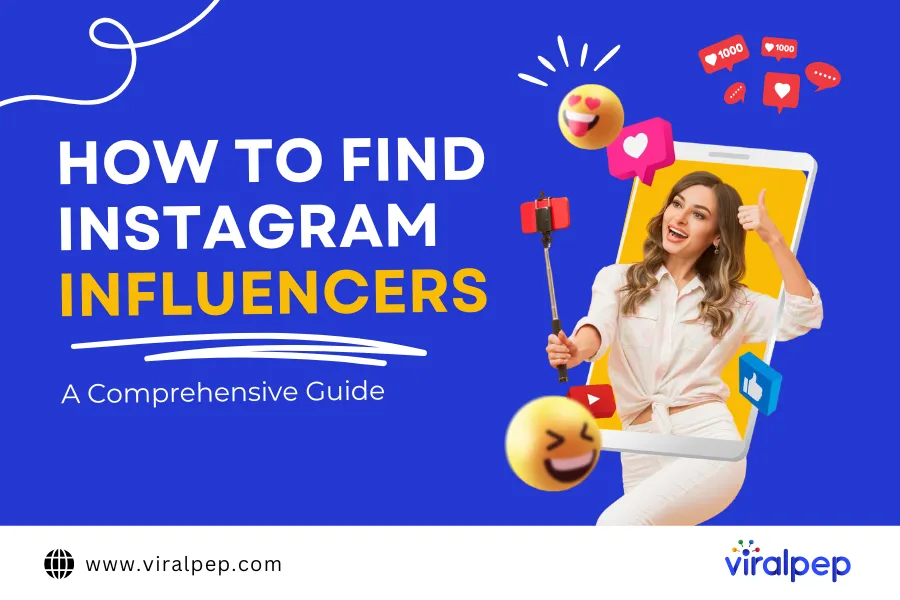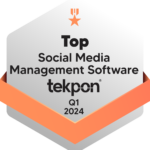What is an Access Token?
As the name suggests, “Access Token” is a digitally created code containing significant information necessary for an application’s authentication. This information concerns the users, their assigned permissions, groups they belong to, and time instances when the scheduled tasks will occur. This information is integrated into a single token passed from a computer to other digital devices.
Reasons why access token expires
We must first understand that an access token expires for a purpose. Every social media platform follows the procedure of disconnecting your access token to keep your accounts safe and secured. So it should not be a matter of frustration but should be treated as a gesture of appreciation.
Here are a few reasons why your access token might expire:
- Someone from your organization or team has changed the login passwords for the connected social media accounts. So when you try to access the social networks through softwares like Viralpep, it doesn’t get authorized as the existing credentials don’t match.
- Administrative privileges have changed hands. This means that you or someone from your team might not be the administrator anymore. Hence, the older (non-administrative) profile wouldn’t have access to social networks.
- Following a standard protocol, social media sites periodically revoke your access token, resulting in disconnection from the sites. This ensures you initiate a prescribed process to re-establish fresh connections with your social accounts. This step ensures better security of your accounts.
- Suppose a social platform detects multiple logins (from multiple IP addresses) to the same account. The major possibility is that this scenario would pose a security risk to your account. This is an adequate reason for social platforms to act against your interests and disconnect your accounts, resulting in the expiry of your access token.
Standard token expiration limit for each social media.
People have taken a foot ahead and embraced Social Media platforms as a part of their lives. It is important to know when your access token will expire. We will consider Facebook, Instagram, Twitter, and Linkedin for this purpose.
- Facebook: Facebook login provides your app with an Access Token when it authenticates a user. In standard cases, the token lasts close to 60 days if you use Facebook SDK in your app.There is a provision where an expired access token is refreshed automatically when a user logs in using an app, which means Facebook allows a lifespan of 60 days for any access token from its last usage.
- Instagram: Instagram hails from the same family as Facebook. It offers an access token with a finite lifespan of 60 days. Instagram calls these long-lived access tokens. You can refresh them if they are atleast 24 hours old and are still valid. These refreshed tokens last for 60 days from their last refresh date.A word of caution: Suppose you haven’t refreshed your access token in the last 60 days. There are all possibilities of it getting expired, leaving you no room to refresh it any further.
- Twitter: Twitter continues to have a simplified approach for access tokens. Hence, Twitter access tokens don’t have specific or finite expiry dates. There are 2 instances when your Twitter access token can expire.1. When a user intentionally revokes an application from his Twitter account.
2. When Twitter tracks down a spam-like activity or publishing of duplicate content.
Solution: Twitter suggests a 3-legged OAuth flow process to obtain user access tokens. Twitter facilitates the application to get its access token while directing the user to reauthorize the application.
- LinkedIn: LinkedIn is very specific in its approach. LinkedIn offers a finite validity period of 60 days for every access token.Besides the regular Access Tokens, LinkedIn offers (programmatic) Refresh Tokens with a finite expiry of 12 months. Post expiry, the administrator must reauthorize the application to continue using the refresh tokens.
As a practice, LinkedIn suggests and allows issuing programmatic refresh tokens to limited members only.
Caution:1. In cases where LinkedIn discovers duplicate posts being published through various LinkedIn Accounts simultaneously, it would flag these instances as spam-like activity resulting in the expiry of your access tokens.
2. LinkedIn would expire the access token where the administrator for a LinkedIn page has changed.
What is Facebook authorization, and why is it required?
Facebook Authorization is a process that Facebook recommends keeping in view the security of the managed pages.
Suppose you manage a page on Facebook. As a step towards security Facebook will ask you to complete the authorization process for that page so that you can continue posting on that page. This will prevent admins with fake identities from breaking into that page.
Process:
Facebook Authorization will ask the page manager to perform Two-factor authentication to secure their managed account. He must also confirm the primary country location. If the page manager requires authorization, a notice to begin the process will flash in his News Feed.
The process might sound difficult, but it isn’t. It takes a few minutes to complete the process to enable you to post content to your managed page.
Purpose:
The basic purpose is to secure the account and bar unauthorized access to the pages. Unless the page manager completes the Facebook authorization process, he won’t be allowed to post content on that page.
How to authorize your Facebook Group?
For New Public Groups Experience:
This category is for those public groups which have migrated to the new public group experience. These groups allow users to become members without the admin’s approval. If the group admin allows, the visitors (non-members) can post and comment in these groups.
The group admin can set an approval process for first-time members and visitors, converting them into participants. After the admin’s approval, such participants may publish their posts or comments for the first time. Despite being previously approved, such participants will again require the admin’s approval to share posts in the future.
Private and Public Groups – not migrated to new experience:
Consider that you are the admin of a private or a public group that hasn’t migrated to the New Public Groups Experience. In this situation, you can decide to allow membership by approval as mandatory. As a result, that group’s admins and moderators will receive membership requests. They will have to approve or decline the requests before an individual can join that group as a member.
If your group gains popularity, approving several daily membership requests might become a nightmare. You can use Facebook’s Admin Assist to do the job for you. You can define criteria like people answering the Membership Questions will be automatically approved. You can choose different criteria for approval and disapproval of membership requests.
Note: Admins can refer to Facebook Help Centre for more updates.
Conclusion
Understanding the nitty-gritty of Access Token Expiry and the Facebook Authorization process is essential. Through this blog, we have addressed these aspects in detail while maintaining the focus to the maximum possible extent. Access Token symbolizes a kind of currency without which your daily presence will cease to exist. Hence, you must follow the standard guidelines on each social media platform to continue your healthy presence.


